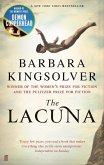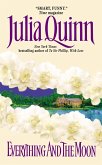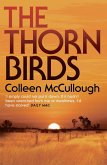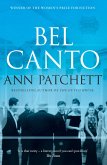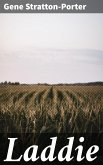In 'The Wheat Princess' by Jean Webster, readers are transported to the early 1900s where the protagonist, Susan, struggles to find her place in a society that expects her to conform to traditional gender roles. The novel's engaging narrative style weaves together themes of independence, social class, and female empowerment, making it a standout example of early 20th-century American feminist literature. Webster's use of vivid imagery and introspective dialogue adds depth to the story, offering readers a thought-provoking exploration of identity and self-discovery. 'The Wheat Princess' stands out as a pioneering work in feminist fiction, addressing complex social issues with compassion and insight. Jean Webster's personal background as a women's rights activist and advocate for social reform undoubtedly influenced her writing, infusing the novel with a sense of urgency and purpose. I highly recommend 'The Wheat Princess' to readers interested in feminist literature, social history, and the exploration of gender dynamics in early 20th-century America.
Dieser Download kann aus rechtlichen Gründen nur mit Rechnungsadresse in A, B, BG, CY, CZ, D, DK, EW, E, FIN, F, GR, H, IRL, I, LT, L, LR, M, NL, PL, P, R, S, SLO, SK ausgeliefert werden.



